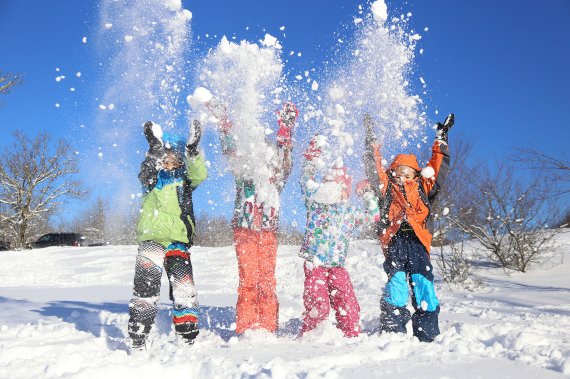The snow cover has declined over large areas of Europe by an average of 12 per cent per decade. © Shutterstock
Their article is based on an analysis of a huge mountain of European data about snow over the past 60 years. The Spanish Master’s student Adria Fontrodona Bach (Earth & Environment) collected that data – with the help of the KNMI – and extracted trends from it.
In the past, the snow melted in the spring, now that is already happening in the winter
Ryan Teuling
Shocking results
The results are fairly shocking. In large areas of Europe snow cover has been falling for 50 years by an average of 12 per cent per 10 years. There are places, the Netherlands among them, where the rate of decrease is almost one quarter per decade. The maximum depth of snow in Europe also fell by an average of 11 per cent per decade, although there are places where climate change has actually led to more snow: northern Norway, Sweden and Finland.
The fact that it does still snow in spite of the strongly falling trend is because the trend line is exponential and does not go down to zero. And of course there are always exceptions. But it is alarming that the above-mentioned trends have become stronger since the mid-1980s.
Fontrodona Bach’s supervisor, Ryan Teuling of Hydrology and Quantitative Water Management, is surprised by the strength of the identified trends, and calls them worrying. ‘This is one of the biggest ongoing changes and it has not had enough attention. There is a big shift in when water becomes available. In the past, the snow melted in the spring, now that is already happening in the winter. So you lack that water in the summer just at the moment when nature needs it the most.’ Less snow also means additional warming. ‘Snow is white and reflects sunlight. That has a moderating effect on warming. But less snow means less reflection and results in extra warming.’


